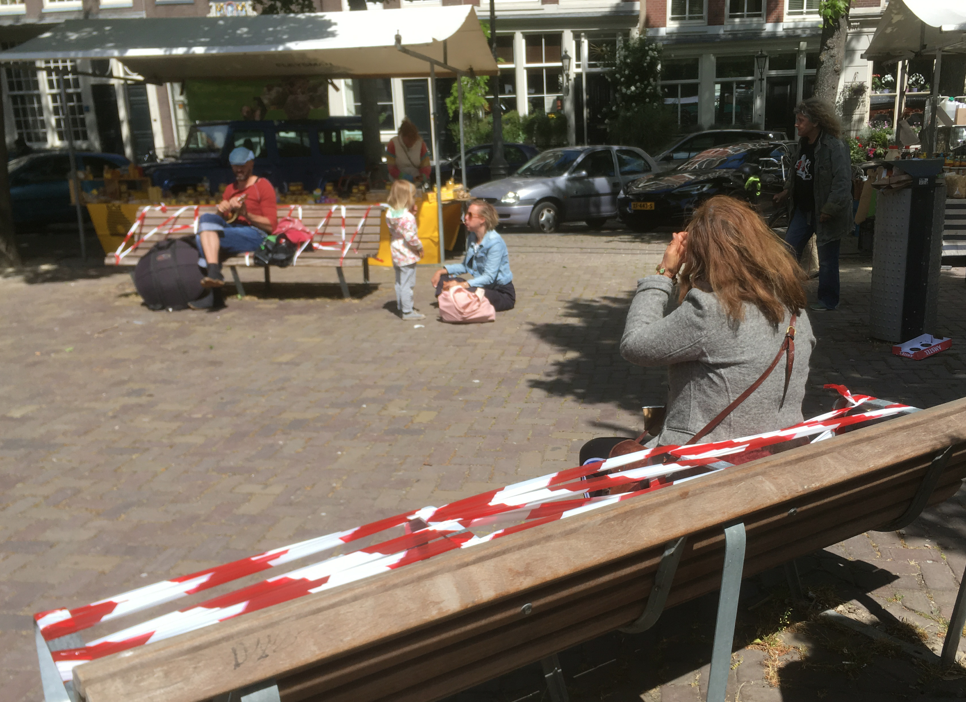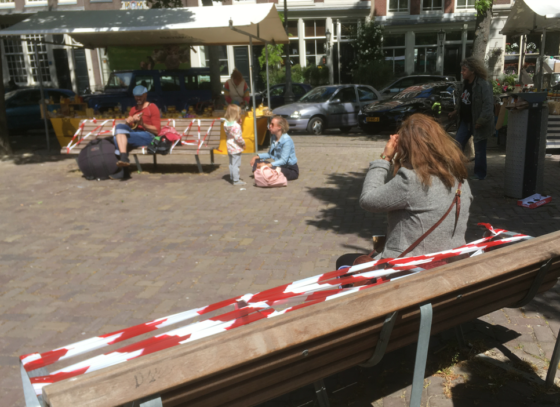Most infections happen indoors in people’s direct environments: Volkskrant


More than half of people who had the coronavirus probably picked up the infection indoors in their own direct environment, the Volkskrant said in an analysis of background figures from the national health institute RIVM.
Of the 5,485 infections which local health boards were able to trace since May, 3,000 were the result of contact between relatives while 1,000 could be traced back to care homes. Another 1,000 were due to contacts at work.
This means the pattern of contagion appears to be similar to the flu virus, which jumps from person to person as a result of intensive and close contact in people’s direct environments, the paper said.
However, over 4,000 people told the health boards they had no idea where they had picked up the infection. The figures could also be skewed because events such as choir rehearsals and packed parties indoors or in restaurants have not yet been allowed, and there could also be other unknown factors.
The paper also looked at the effects of the rule relaxation in the last two weeks. From June 22 the bulk of infections, some 55%, took place at home. One in 10 people caught the infection at work while one in five was infected by a relative.
No one caught the virus in a bar or restaurant or at church during those two weeks, the figures show. Three picked it up from a fellow public transport user and seven at a sports club. Another three could be traced back to a school of nursery.
Fewer than 50 infections were found in that time at nursing homes, due to the overall national drop in infections, geriatrics professor Bianca Buurman told the paper.
Outdoors
Clinical virologist Louis Kroes said the figures show that the virus has been transmitted to a much lesser extent outdoors. ‘The weather was nice, and many people did congregate as the photos made by street wardens show. But despite the crowds there has been no infection that can be attributed to outside events ,’ he told the paper. He did admit, though, that not all infections could be traced to their source.
This week the World Health Organisation and the RIVM admitted that small virus particles suspended in the air could be a road to infection and should be taken seriously.
Thank you for donating to DutchNews.nl.
We could not provide the Dutch News service, and keep it free of charge, without the generous support of our readers. Your donations allow us to report on issues you tell us matter, and provide you with a summary of the most important Dutch news each day.
Make a donation